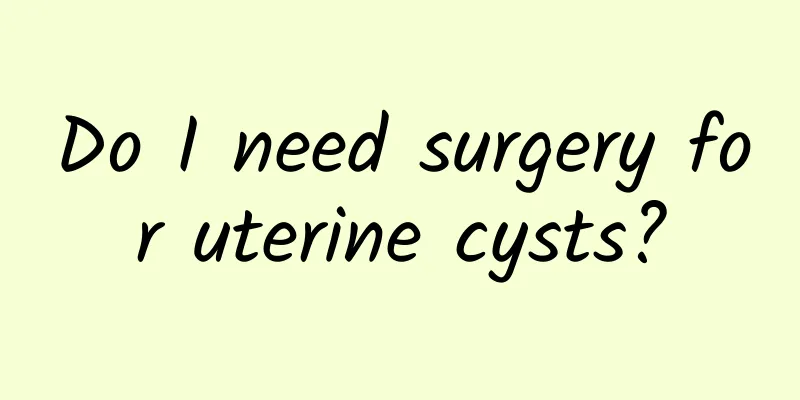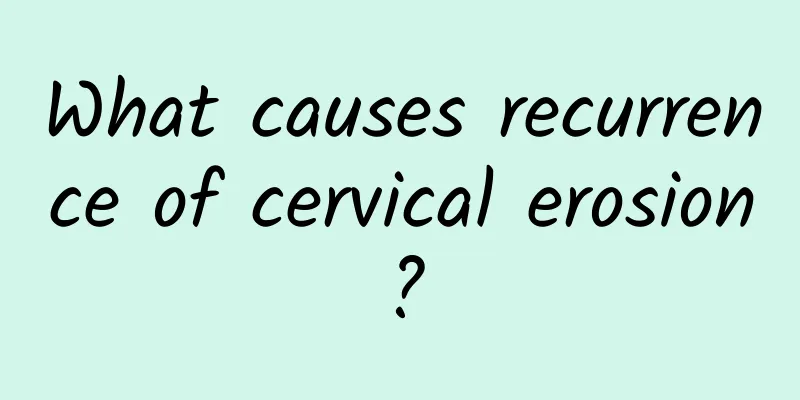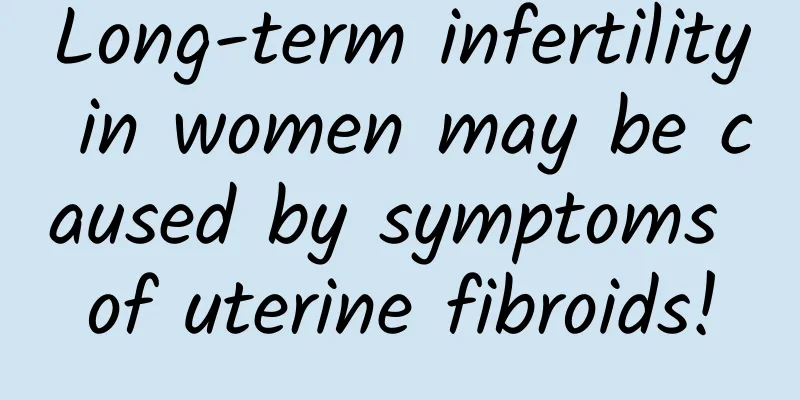Do I need surgery for uterine cysts?

|
Whether a uterine cyst requires surgery depends on the size, nature and symptoms of the cyst. For small, asymptomatic benign cysts, observation and follow-up are acceptable, but if the cyst is large, has a high risk of malignancy or causes significant discomfort, surgical removal is usually required. Next, we will analyze the specific causes and provide treatment recommendations. 1 Causes and types of uterine cysts Uterine cysts are a common type of gynecological problem, usually including uterine fibroid cysts, adenomyoma cysts or endometrial cysts. The causes of these cysts may be related to the following factors: Genetic factors: If there is a history of uterine-related diseases in the family, the probability of getting the disease may increase. Environmental influences: Long-term stress, irregular lifestyle or endocrine disorders may induce it. Physiological factors: Multiple pregnancies, fluctuations in hormone levels or increasing female age can affect the growth of the endometrium and the formation of cysts. Pathological factors: Endometriosis, chronic inflammation or infection are common pathological causes. Depending on the type of cyst, the doctor will combine ultrasound screening to further determine whether it is benign or malignant. If abnormal proliferation or enhanced blood flow signals are found, one should be alert to the possibility of malignancy. 2 Solutions for uterine cysts Treatment options need to be evaluated based on the specific condition of the cyst, including drug control, surgical treatment, and observation and follow-up. Small benign cysts: observation and medication For benign cysts with a diameter of less than 5 cm and no symptoms, immediate surgery is usually not required. Oral luteinizing hormone-releasing hormone drugs such as goserelin can be used to control the growth of the cyst. It is also recommended to have an ultrasound examination every 3-6 months. Medium-sized cysts: Minimally invasive surgery For medium-sized cysts accompanied by menstrual abnormalities, infertility or pelvic pain, minimally invasive surgery is recommended, such as laparoscopic cystectomy, which has small incisions, quick recovery, and preserves the reproductive function of the uterus. Suspected malignant cyst: Traditional laparotomy If the cyst is larger than 10 cm in diameter, or if screening reveals the possibility of malignancy, such as a history of adenocarcinoma, a complete laparotomy is usually required, followed by pathological examination and subsequent treatment. 3 Auxiliary measures in daily care In addition to professional treatment, lifestyle adjustments are also crucial: Diet: It is recommended to consume more fiber-rich foods such as green leafy vegetables and whole grains, and limit high-fat, high-hormone foods such as deep-sea fish and soy products. Exercise: Moderate aerobic exercise, such as yoga or brisk walking, can improve hormone metabolism and reduce stress response. Regular physical examinations: It is recommended to have a gynecological examination once a year and monitor the health of the uterus at all times through ultrasound or hormone level testing. The treatment of uterine cysts should be individualized, and the key is early diagnosis and early treatment. It is recommended that after clarifying the type of cyst and the degree of danger, you should strictly follow the doctor's instructions to choose the appropriate treatment method, and at the same time manage the health of the uterus with a healthy lifestyle. If there are suspected signs of malignancy, you should seek medical attention immediately. |
<<: Can premature ovarian failure eat coix seed?
>>: Is left ovarian cyst serious?
Recommend
Nurses drink bubble tea as their main meals, nutritionists: 3 tips for smart eating
As the saying goes, "Eating is the most impo...
Drinking a smoothie to cool down? Sugar content equal to 1 cup of bubble milk
In the summer, you need cold drinks to cool down,...
Effective prevention of hyperprolactinemia
What are the effective prevention methods for hyp...
Is it normal to have your period four days early?
Is it normal to have your period four days early?...
You must know how harmful adnexitis is.
Female friends often hear the term adnexitis. Rat...
Introduce the specific clinical causes of vulvar leukoplakia
Experts believe that the causes of vulvar leukopl...
What foods are good for recovery from uterine fibroids? What foods are good for recovery from uterine fibroids?
Uterine fibroids are a common benign tumor in wom...
How to Self-Diagnose an Ectopic Pregnancy
Ectopic pregnancy, also known as ectopic pregnanc...
Children are prone to obesity, is it caused by excessive "dampness"? Chinese medicine practitioners recommend: Drinking Siwu Decoction and Kelp Soup to strengthen the spleen and remove dampness
Obesity can occur at any age, but is most common ...
What are the symptoms of uterine fibroids?
Did you know that uterine fibroids can be divided...
Will emotional instability lead to irregular menstruation?
Irregular menstruation is the gynecological disea...
What are the causes of uterine fibroids? Common symptoms of uterine fibroids
Uterine fibroids are the most common benign tumor...
Shoulders and neck are sore and painful, are you feeling exhausted from sitting for a long time? Nutritionist Li Yihua: 3 nutrients to help relieve pain
Although shoulder and neck pain may seem like a m...
What are uterine fibroids? How to treat uterine fibroids?
Uterine fibroids are a common gynecological disea...
How to treat pelvic inflammatory disease
How is pelvic inflammatory disease treated? When ...









